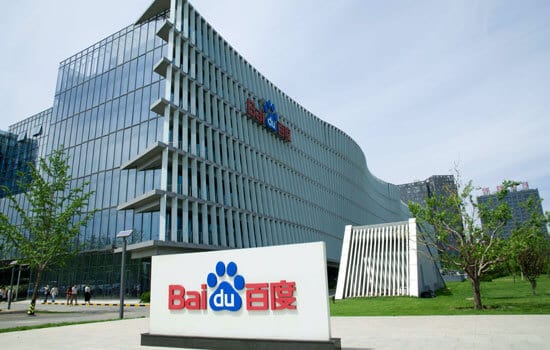A new business from the Chinese search engine giant Baidu Inc (ADR) (NASDAQ:BIDU) is looming. The business that is expected to kick start in the next three years is all about the development of free buses. They will be self-driving buses that will be carrying commuters without human contact.
The Chinese firm alongside BMW AG is currently undertaking a research about the autonomous vehicles and rumour has it that the automaker will be at the forefront of running the new project.
However, nothing much is in the light regarding investment into the new business unit that will be under the leadership of Wang Jing, Baidu’s Senior Vice President. It is not also very clear, who has been appointed to offer proficiency required to grow the self-driving buses that must meet safety principles on today’s roads.
It seems like the use of autonomous vehicles is slowly becoming the in- thing and a hot topic for many. Before Baidu embraced the project, Alphabet Inc (NASDAQ:GOOG)’s Google is said to have been working on the same for years, and Tesla Motors Inc (NASDAQ:TSLA), LG and Apple Inc. (NASDAQ:AAPL) are following in the same footsteps.
Apple and Microsoft are on toes to establish how the connected vehicle can have Infotainment systems, sensors and onboard cameras among other features that will not only make driving a fun-filled affair, but they will also make driving safer.
And as if this is not enough, Baidu has made known its successful accomplishment of tough, fully-automated tests of self-driving equipment embedded within a reformed BMW 3 Series car. The completion of the tests that took place close to Baidu’s Beijing headquarters is such a milestone for Baidu.
During the tests, the car was able to make turns, slow down after detecting vehicles ahead, and speak at 62mph, way beyond the 25mph speed limit imposed by Google.
The company is looking at doing mass production of the self-driving buses. However, the big question is, is it possible to accomplish this goal within such a short timeframe? None the less, the company is optimistic that the autonomous cars will start operation sooner than later even though it has already missed out on its timeline target of its second half of 2015.









